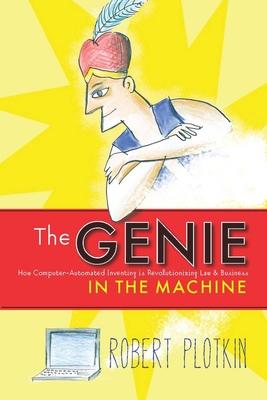We have long considered inventing to be a uniquely human activity. But just as the assembly line automated the process of manufacturing, today's computers are automating the process of inventing. Software can automatically generate designs for everything from toothbrushes to antennas to automobile frames more quickly and inexpensively than ever before, thereby ushering in a new era of artificial invention.
Inventors will use artificial invention technology to boost their inventive abilities to previously undreamed-of heights, enabling small teams of inventors to compete with mega-corporations who insist on inventing the old-fashioned way. Even consumers will be able to use artificial invention technology to become inventors themselves. We stand poised to see the emergence of the "digital renaissance artisan"--a person who will have the ability to not only design new inventions at the touch of a button, but also to manufacture them automatically from the comfort of home. As Robert Plotkin reveals in this landmark book, our decisions about these inventions today will dictate who gets to control this powerful technology tomorrow.
Should inventions designed by software be patentable? Should the software that produces those designs be patentable? The Genie in the Machine offers the first-ever examination of the implications of artificial invention technology for patent law, the law of invention. Along with practical advice for inventors, high-tech companies, and patent lawyers, this forward-looking book provides concrete recommendations for reforming patent law in light of the growing importance of invention-automation technology.
